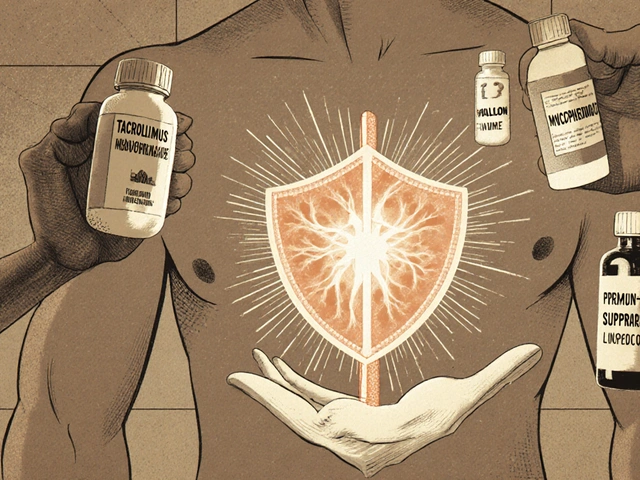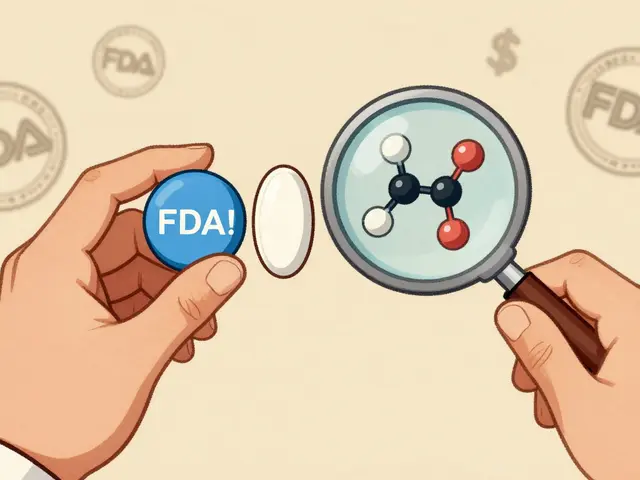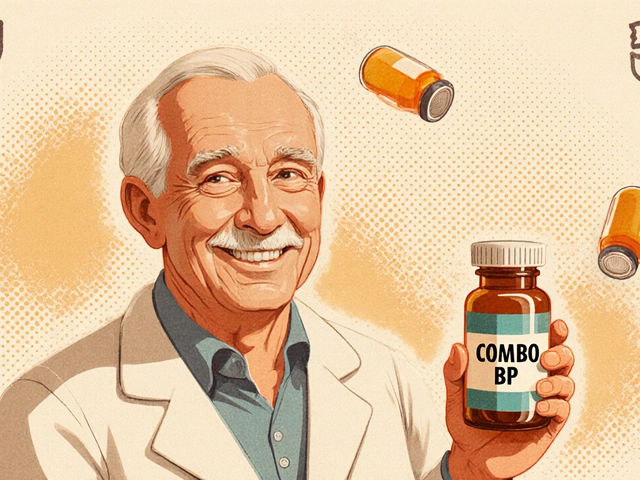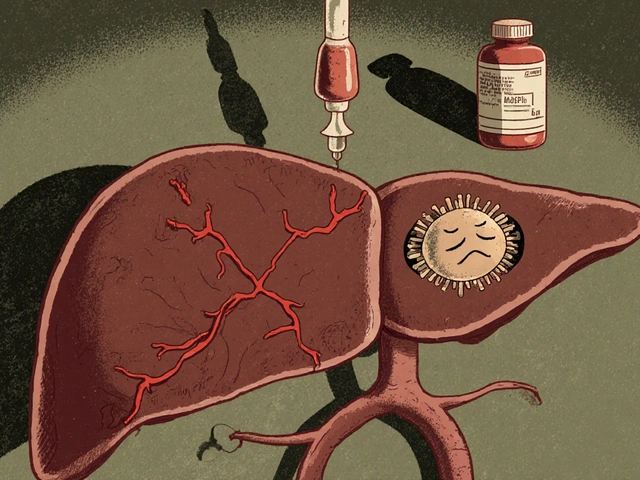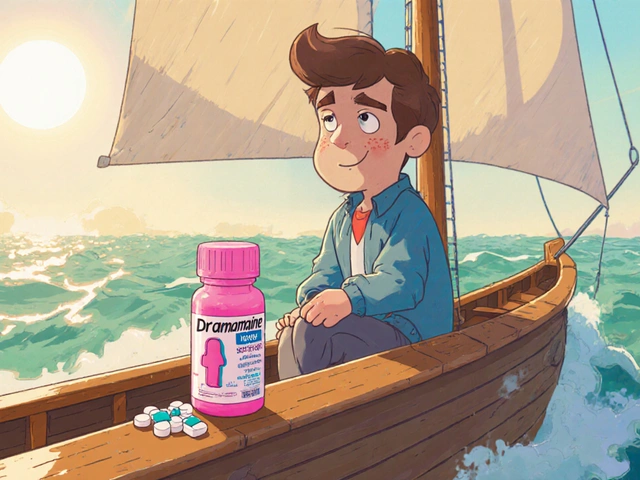Affordable healthcare: practical ways to cut prescription costs
Prescription prices can swing wildly — sometimes hundreds of dollars difference for the same drug. If you’re tired of overpaying, here are straightforward, usable moves that actually save money without risking your health.
Where to find cheaper meds
First, ask about generics. Generic versions contain the same active ingredient as brand-name drugs but cost a lot less. Tell your doctor or pharmacist you’re open to a generic equivalent and they’ll tell you if it’s appropriate.
Compare prices. Use a price-check tool or a discount card app before you fill a script. Online price comparison often shows big savings at different chains or mail-order pharmacies.
Look into manufacturer savings and patient assistance programs. Many drug makers offer coupons or free/discounted supplies if you qualify. If a medication is expensive, call the manufacturer’s help line — they usually have options.
Try therapeutic alternatives when possible. Some drugs in the same class work similarly but cost much less. Ask your clinician: is there a cheaper option that does the same job? Articles on alternatives can give you names to discuss with your prescriber.
Consider community health centers, 340B clinics, or sliding-scale pharmacies. These places exist to reduce cost for people with low income or without insurance. They often have lower co-pays or discounted prices for common meds.
Buying meds online safely
Buying online can be cheaper, but safety matters. Only use licensed pharmacies that require a valid prescription. If a site sells antibiotics or controlled drugs without asking for a prescription, avoid it.
Check for a physical address, clear contact details, and secure checkout (look for HTTPS). Trusted online sellers will display licensing info and often have reviews from real customers. If in doubt, call the pharmacy and ask about their licensing.
Avoid weirdly cheap offers that seem too good to be true. Counterfeit or substandard meds are a real risk. Stick to recognized platforms or pharmacies recommended by your doctor or a national board.
Watch for interactions and side effects. When you switch pharmacies or buy a new substitute drug, tell your pharmacist about all medicines and supplements you take — even fruit juices that can affect some drugs. Your pharmacist can flag dangerous mixes.
Final quick tips: ask your doctor for samples if you’re trying a new drug, split higher-dose pills only if your doctor approves, and consider mail-order for chronic meds used long-term. Small changes add up fast and can make healthcare affordable without cutting corners on safety.
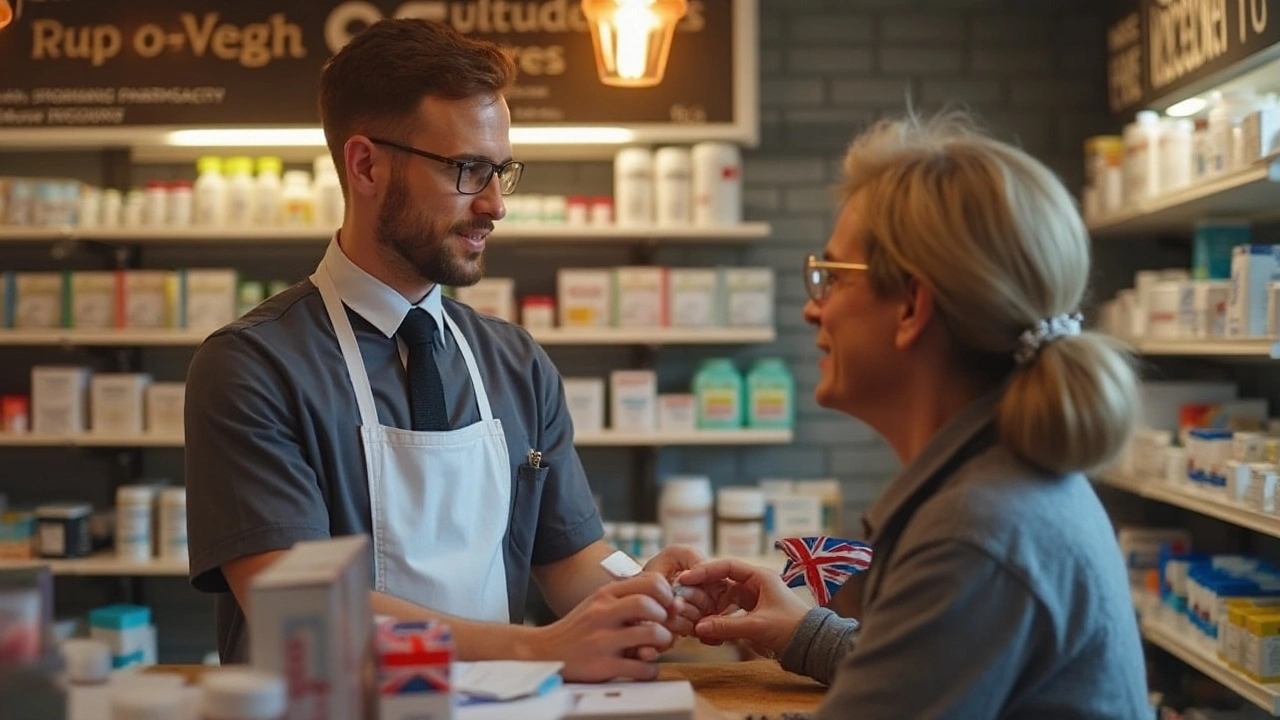
Top Alternatives to Ziphealth.co for Affordable Online Healthcare
Exploring alternative options to Ziphealth.co can help you find affordable and convenient solutions for your healthcare needs. Services like Lemonaid Health and Ro Pharmacy offer budget-friendly consultations and discounts. Others, such as GoodRx and Blink Health, provide significant prescription discounts through local pharmacies. Each option presents unique advantages, helping you manage your health more efficiently and affordably.
Read More
